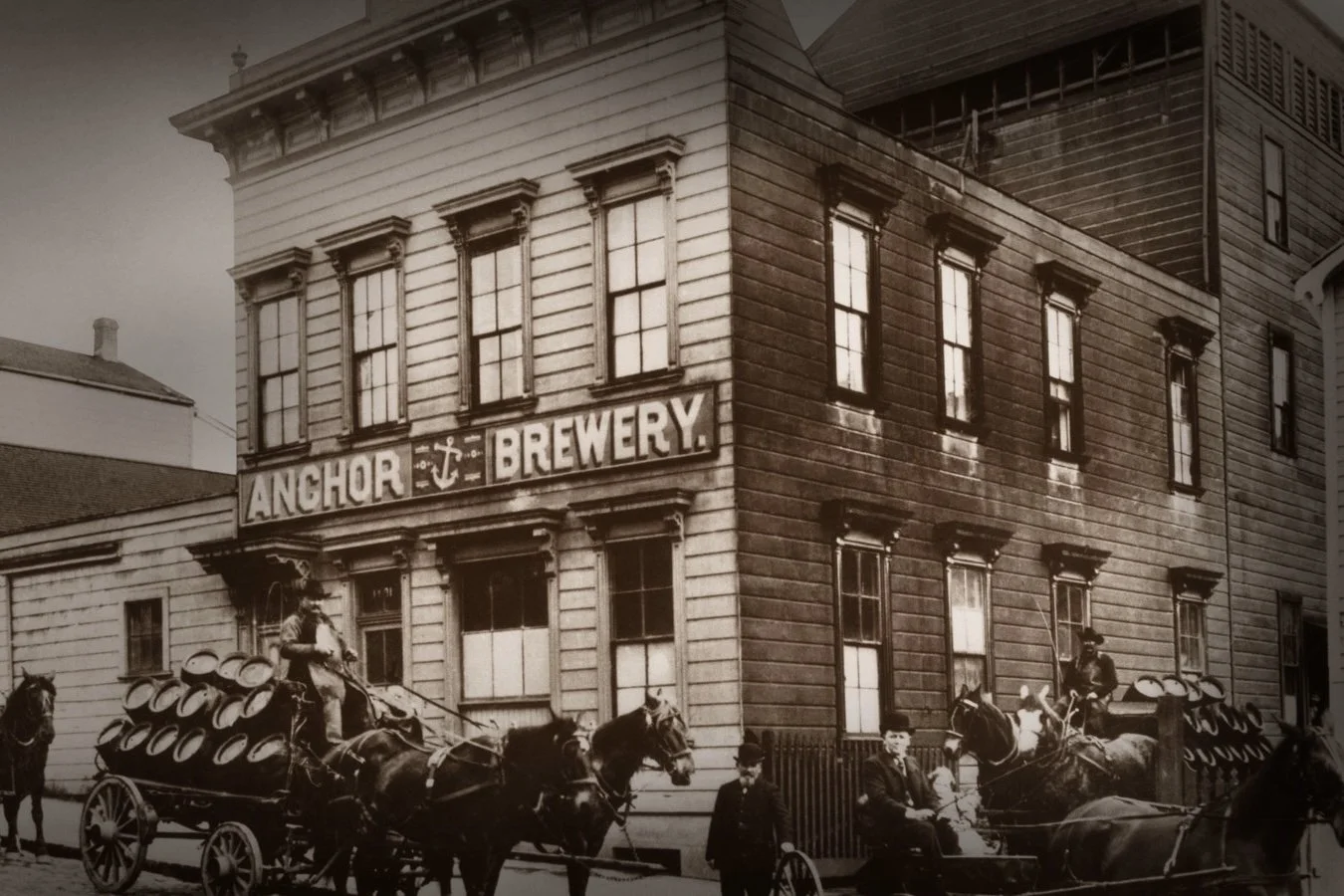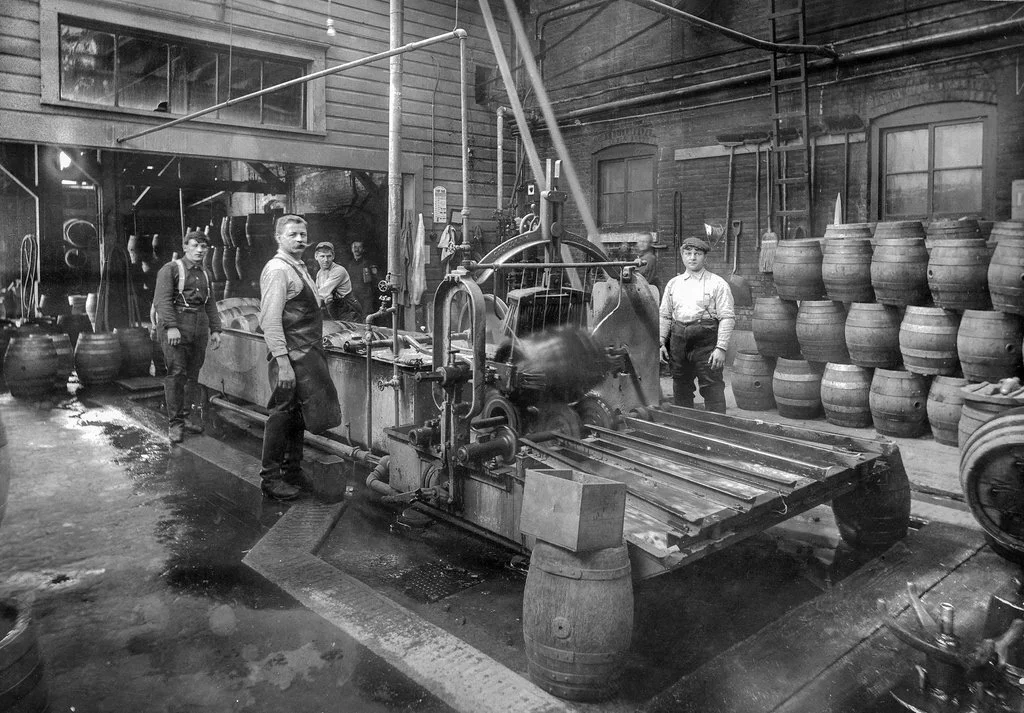Assembly Brewing, Portland’s first and only Black-owned brewery, is closing. After just six years, it had become one of the city’s landmark breweries, and owner George Johnson became one of Portland’s most engaging and interesting brewers. It’s a terrible loss.
Read MoreAnchor was never just a brewery. The story of Fritz Maytag saving a brewery became a founding myth for American craft beer. Anchor was at once the past and the future, the proof that small breweries could exist outside an ecosystem of commodity canned lagers.
Read MoreI’m not a beer geek. I am a beer nerd—there’s a difference.
Read MoreAll the world wants the next IPA. The trouble is that, while they’re churning out scores of new versions every year, too few breweries have the time to dial in their beers.
Read MoreI don’t expect haze to leave IPAs anytime soon—but increasingly, the term “hazy IPA” has started to seem, well, hazier.
Read MoreStates and regions do not develop identically to the nation. When we look at Oregon in late 2019, we find a state in a substantially different place than it was in 2010, and also a different one than other regions now. Let’s take a moment to review the defining beers of the past decade in Oregon.
Read MoreWhen we look back in the years and decades ahead, which products will we stand out in our memories as classically from the 2010s? Here are a dozen products that tell the story of the times.
Read MoreAs I was preparing to leave for a month in Europe, Portland passed an important anniversary that may hold lessons both about the city’s current condition and also the state of the beer market. On September 1, 1999, the Blitz-Weinhard brewery turned off the lights for the last time.
Read MoreWhy do we have a more emotional connection to beer than, say, toothpaste brands? Because of evenings like these.
Read MoreMedia outlets are closing down by the week, and it can seem like a grim time for content-producers. But not everyone is suffering. Things are great here at Beervana, and I’d like to tell you why.
Read MoreA micro-memoir and record-straightener.
Read MoreIn these times of division, can’t we all just get along—over a pint, anyway?
Read MoreHistorian and archaeologist Alexander Langlands has a new book called Cræft, the purpose of which is to reclaim the meaning of "craft" as it existed before it became a marketing slogan or an expensive item available at boutiques. How might this apply to beer?
Read MoreOne should never age most beers, and the beers one ages should never be aged very long. Leave a bottle in your cellar that dates to the Clinton administration and it’s going to suck. Unless something very rare and special happens instead.
Read MoreAs markets become more fragmented, it becomes harder and harder to keep abreast of everything going on. The number of breweries has more than doubled in the past five years, producing a sense of FOMO among drinkers. But what happens if they just give up?
Read More"Constructive Criticism" is an irregular feature in which I speak frankly about an example of a brewery not meeting their own highest standards. Today I turn my attention to Full Sail and the way in which the brewery's constantly expanding list of bottled products offer variety without much interest.
Read MoreThe words of the day are "hazy" and "juicy," used with abandon to describe hoppy American ales. But what do they actually mean? How is juicy any different than "fruity," and just how opaque must a beer be to be called "hazy?" Let's dig deeper.
Read MoreThe United States invented modern craft beer. But the model of plucky little brewery set on delivering tasty, handcrafted beer in the face of corporate consolidation is anything but new. A case-in-point is contained in this 29-year-old video, which seems remarkably contemporary.
Read MoreTime is both atomically precise and experientially relative. We can count off the microseconds and mark events that happened centuries ago--or willl happen centuries from now. But how the time feels is an entirely different matter.
Read MoreYou may not realize this, but it there is an unwritten rule that between Dec 26 and Jan 1, publications (blogs inlcuded) must publish a year-end review. Look, I don't make the rules. If you want me to stop this practice, you have to take it up with the Deep State.
Read More



















